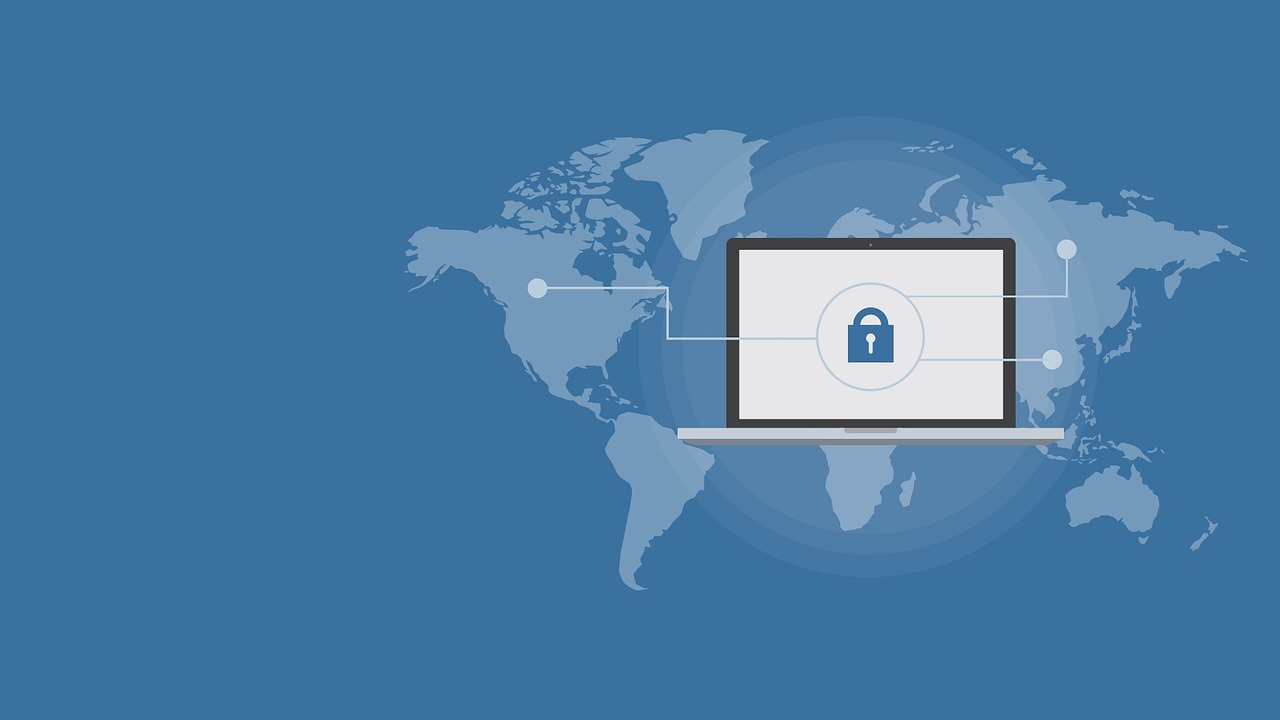In an era dominated by digital interactions and online activities, the use of Virtual Private Networks (VPNs) has become increasingly important for individuals and organizations alike. A VPN serves as a shield, protecting sensitive data and ensuring online privacy. One of the primary benefits of using a VPN is the encryption it provides, securing the transmission of data between the user’s device and the internet. This encryption is crucial, especially when accessing public Wi-Fi networks, as it prevents unauthorized access and potential cyber threats.
Moreover, VPNs play a pivotal role in safeguarding personal information from prying eyes and potential cyberattacks. With cyber threats on the rise, individuals are at risk of data breaches, identity theft, and other malicious activities. VPNs create a secure tunnel for data transmission, making it significantly more challenging for hackers to intercept and exploit sensitive information. By using a VPN, users can confidently browse the internet, conduct online transactions, and communicate without fear of their data falling into the wrong hands.
In addition to protecting privacy, VPNs enable users to overcome geo-restrictions and censorship. Many websites and streaming services impose regional restrictions on content, limiting access based on the user’s location. VPNs allow users to bypass these restrictions by masking their IP address and appearing as though they are accessing the internet from a different location. This not only provides users with greater freedom to access content but also ensures that the internet remains an open and unrestricted space for information exchange.
Businesses and professionals also benefit significantly from VPN usage. In the corporate world, where remote work has become increasingly prevalent, VPNs provide a secure connection for employees accessing sensitive company data from various locations. This ensures that confidential business information remains protected, mitigating the risks associated with remote work. Furthermore, VPNs facilitate secure communication channels, reducing the likelihood of corporate espionage and data leaks.
In conclusion, the importance of using a VPN in today’s digital landscape cannot be overstated. Whether for personal or professional use, VPNs offer a layer of security and privacy that is indispensable in an age marked by online threats and data vulnerabilities. By encrypting data, overcoming geo-restrictions, and providing a secure connection, VPNs empower users to navigate the digital realm confidently. As the internet continues to evolve, incorporating a VPN into one’s online routine is a proactive measure toward ensuring a safer and more private online experience.

